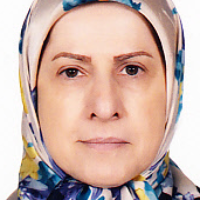Pan-Turkism, the construction of identity and the formation of the Republic of Azerbaijan ((1920-1890)
Author(s):
Article Type:
Research/Original Article (دارای رتبه معتبر)
Abstract:
In its analysis of formation of the Republic of Azerbaijan (1918-1920), this article focuses on a process during which three generations of Pan-Turkist intellectuals succeeded in constructing the “notion of nation” among Muslims in Caucasus, thus providing a basis for political efforts in this regard. The article uses the theoretical models of analysts like Benedict Anderson to demonstrate how, through following a specific process, these intellectuals managed to turn the vague idea of nation into a political notion. By outlining a definition of themselves against “others” and, taking advantage of the circumstances surrounding the collapse of the traditional Russian and Ottoman Empires, they eventually formed a political unit. This process of constructing a “notion of nation” has entailed on the one hand highlighting certain identity elements associated with Muslims in Caucasus and, on the other hand, has marginalized and rejected certain other identity elements including Shiite and Iranian elements. The article demonstrates how such identity construction was developed through a political process as well as the considerations arising from this process.
Keywords:
Language:
Persian
Published:
Central Eurasia Studies, Volume:12 Issue: 25, 2019
Pages:
459 to 478
https://magiran.com/p2106791
سامانه نویسندگان
مقالات دیگری از این نویسنده (گان)
-
The Constructed Image of Iran in Central Asia in the Second Half of the Nineteenth Century
*, Mohammadkazem Shojaee
Central Eurasia Studies, -
America's Exploitation of Color Revolutions in Relations with Russia
*, Fatemeh Erfani
Bioquarterly Journal of Revolution Studies,


